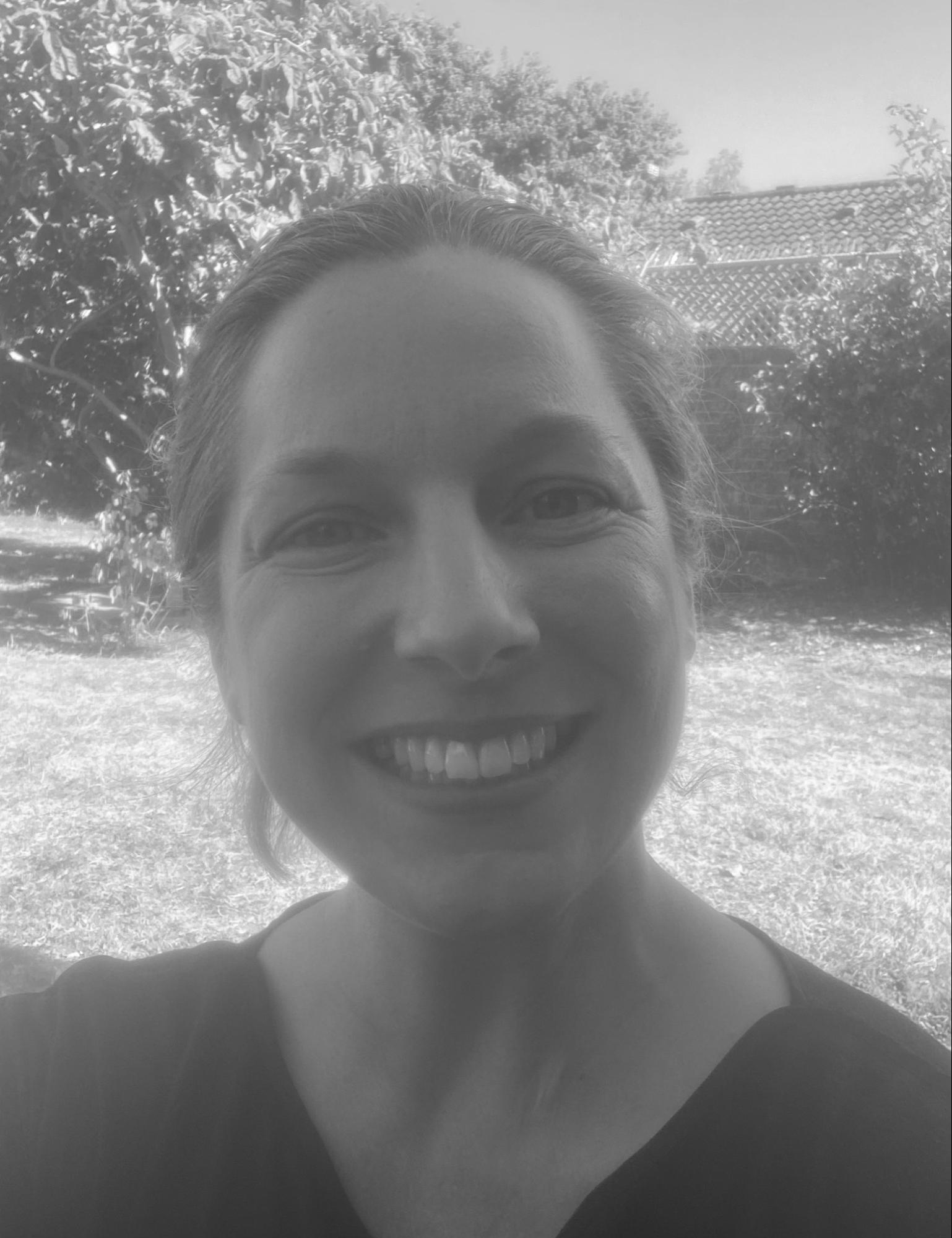Heating & Cooling
- When substances are heated, the particles absorb thermal energy which is converted into kinetic energy
- This is the basis of the kinetic theory of matter
- Heating a solid causes its particles to vibrate more
- As the temperature increases, they vibrate so much that the solid expands until the structure breaks and the solid melts
- On further heating, the now liquid substance expands more and some particles at the surface gain sufficient energy to overcome the intermolecular forces and evaporate
- When the boiling point temperature is reached, all the particles gain enough energy to escape and the liquids boil
- These changes in state can be shown on a graph called a heating curve
- Cooling down a gas has the reverse effect and this would be called a cooling curve
- These curves are used to show how changes in temperature affect changes in state
- The horizontal sections occur when there is a change of state of a pure substance but there is no change in temperature
Heating Curve
A heating curve showing the states, state changes and temperature changes as time progresses
Cooling Curve
A cooling curve is like a heating curve but is the mirror image
- The energy absorbed during a phase change is equal to the energy released during a complementary phase change in the opposite direction
- For example, the molar heat of condensation of a substance is equal to the negative of its molar heat of vaporization.



